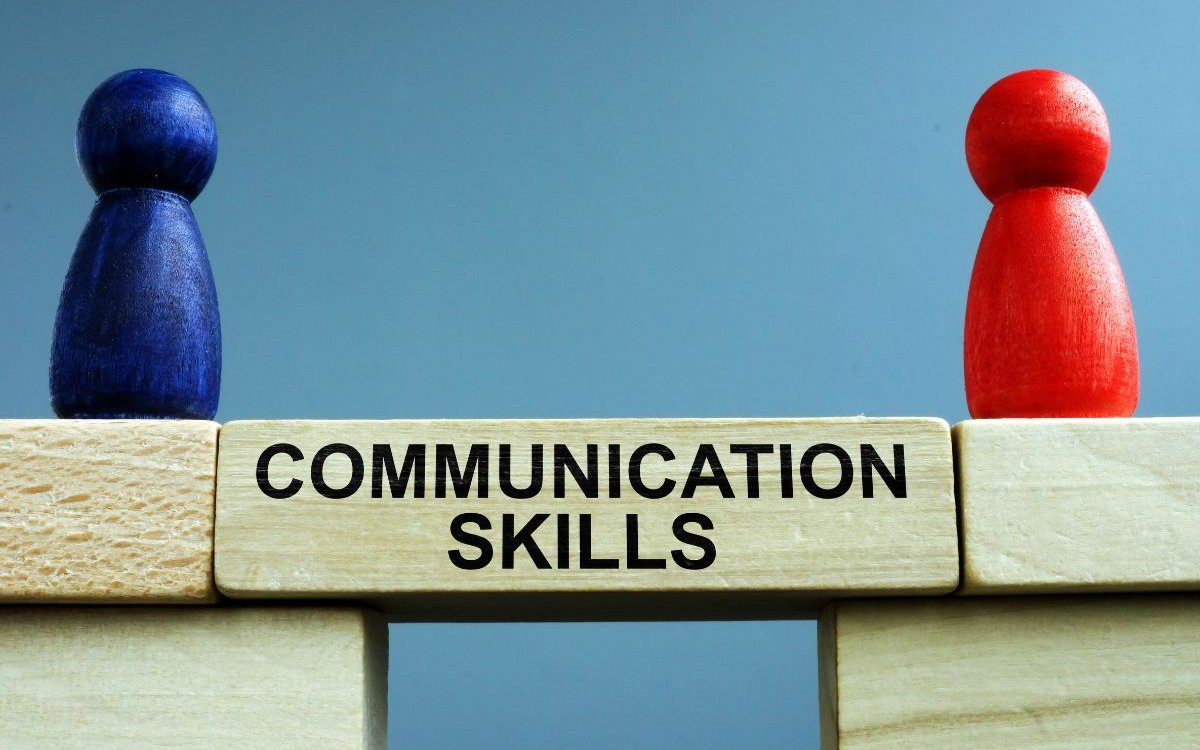The Science Behind Tone of Voice and Customer Engagement
The way you communicate can make a huge difference in the customer experience. While the content of what you say is important, the tone of your voice often has a more significant impact. It builds trust, fosters a connection, and encourages loyalty. Understanding how tone of voice influences customer engagement can transform the way your business communicates. Below, we’ll explore how tone affects customer interactions, why it’s crucial in support settings, and five key practices to enhance customer engagement.
Why Tone of Voice Is Essential
Tone of voice is more than just the words you use; it’s the emotion and attitude you project when speaking. When it comes to customer service, tone reflects how much the representative cares about the customer’s needs. A warm, friendly tone makes customers feel valued, while an indifferent or cold tone can make them feel dismissed. Even if the correct words are used, the wrong tone can lead to misunderstandings, frustration, or negative experiences. For this reason, businesses must pay attention to how their agents communicate, ensuring that the tone aligns with a customer-centric approach.
Tone plays a critical role in shaping the outcome of any interaction. A friendly and empathetic tone can make customers feel reassured, while a rushed or unengaged tone can leave them feeling undervalued. This makes the tone of voice a powerful tool in building trust and loyalty, ensuring that customers leave the interaction with a positive impression. Proper tone management helps smooth over difficult conversations, leaving clients with a feeling of being heard and cared for, even if their issues aren’t resolved immediately.

The Impact on Customer Emotions
How you speak to a customer affects how they feel about the interaction. Tone has a direct influence on emotions like trust, satisfaction, and loyalty. In fact, studies show that customers are more likely to feel positive about their experience when they perceive that their concerns are being addressed with patience and understanding. A welcoming tone can instantly create a sense of comfort, making customers more likely to continue the conversation and feel loyal to the brand.
On the flip side, a harsh or dismissive tone can heighten feelings of frustration, especially in a service setting where the customer may already be upset. Emotional engagement is a key driver in forming long-term relationships with customers. When representatives use the right tone, they can help de-escalate tense situations and improve overall satisfaction, even when resolving complex problems.
Clarity and Understanding Through Tone
Your tone of voice also affects how well customers comprehend the information you’re sharing. A clear, calm tone makes instructions or solutions easier to follow, leading to faster resolutions and more productive conversations. In contrast, a hurried or unclear tone can confuse customers and prolong the interaction as they ask more questions to understand the issue.
Using a steady and patient tone helps create a productive atmosphere where customers can follow along easily. This not only reduces confusion but also enhances the overall quality of the service experience. Encouraging call center agents to focus on clarity and patience helps reduce frustration for both parties, leading to better outcomes and higher levels of customer satisfaction.
Adapting Tone to the Situation
An effective tone isn’t a one-size-fits-all approach—it should vary depending on the nature of the conversation. For instance, a customer voicing a complaint may require a more empathetic tone, while someone asking about product details might benefit from an enthusiastic and informative approach. The ability to adjust tone based on the customer’s mood and the context of the conversation is an essential skill in customer service.
A professional who can read the emotional state of a customer and respond accordingly will create a more personalized and effective experience. For example, using a calm and reassuring tone when handling complaints can help ease customer frustration. Similarly, maintaining a friendly and upbeat tone when offering assistance can make interactions more enjoyable and encourage customers to return. Adaptability ensures that the tone used matches the customer’s needs, which can make interactions more meaningful and successful.
Best Practices for Using Tone of Voice in Customer Engagement
To ensure that tone of voice supports positive customer interactions, businesses should follow these best practices:
Train Representatives on Tone: Agents should be trained to speak with warmth, patience, and attentiveness. This helps them respond appropriately to different customer emotions. Role-playing scenarios can provide practical experience for adapting tone based on various customer inquiries.
Focus on Active Listening: When representatives actively listen, they can better understand the customer’s needs and adjust their tone accordingly. This shows that the agent is fully engaged, creating a more personalized and effective conversation.
Maintain Consistency: A consistent tone across all communication channels—whether over the phone, email, or chat—helps build trust. Ensuring that the customer receives the same level of care in every interaction creates a reliable and positive experience.
Use Empathy: Agents should convey empathy, especially when handling upset customers. Even if the problem isn’t immediately solvable, a compassionate tone can calm emotions and reassure the customer.
Balance Professionalism and Friendliness: Striking the right balance between professionalism and friendliness ensures that conversations remain helpful and approachable without feeling too rigid or informal.
How Tone Shapes Customer Perception
A company’s tone of voice in customer interactions doesn’t just affect individual conversations; it shapes how customers view the brand overall. A consistent, friendly, and helpful tone creates a positive image, strengthening brand loyalty over time. Conversely, a negative or inconsistent tone can harm the company’s reputation, especially if customers share their dissatisfaction publicly.
Tone of voice is a crucial part of customer service that directly impacts engagement, satisfaction, and loyalty. Understanding the emotional and psychological effects of tone allows businesses to communicate in ways that foster positive experiences. At BPO Manila, we emphasize the importance of communication and offer exciting career opportunities for those who want to make a difference. Join us and be part of a team that values excellent customer service and understands the power of tone in creating lasting client relationships.













